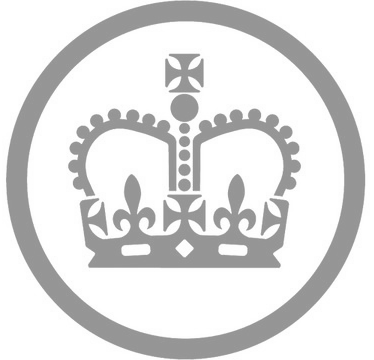Company Accounting - The Basics

When you set up and start running a company, you need to start being able to carry out at least a basic level of accounting.
While you might think, “I can hire an accountant to deal with this”, you still need to know what information you need to pass on to the accountant and what it means for your company.
You need to carry out your accounting for reporting to HMRC, but you also need to know the basics to help you make decisions about the company's future.
To help you on your accounting journey, we’ve compiled some of the basic terms and explained why you need to know them.
1. Debits and Credits
A company’s debits and credits refer to the movement of assets in and out.
Debits are assets coming into the company, including anything that the company owns. This includes money as well as physical assets.
Credits are liabilities against the company, for example, money moving out of the company, loans, or taxes owed.
When recording your debits and credits, they should always balance. Take the following example:
If you need to purchase £5,000 of materials to produce your product, you record that as a debit because you now own those materials.
You then need to credit your bank account for the £5,000 because the money left the account to pay for the materials.
By recording both the debit and credit in this way, they should always balance.
2. Expenses, Revenue and Profit
A company’s expenses are the money it pays out so it can make money. For example, expenses could include rent, utilities, insurance, raw materials and any other costs included in running the company and creating products.
Revenue is the money generated by the company from selling its products. Remember that revenue is calculated before including any expenses.
Profit is the company’s revenue minus any expenses. In other words, how much money you actually make when selling your products.
Where to start when it comes to accounting
The main thing to remember when it comes to accounting for your company is that the company is its own legal entity and should be treated differently from your personal accounts.
Step 1 - Open A Business Bank Account
Setting up a separate business bank account is a good way of keeping your finances separate. It can also be good practice to set up both a current account and a savings account for any extra money you want to keep aside.
Step 2 - Keep track of your income and expenses
Think of it this way, if you were asked, could you provide proof of where any money came from or where it went?
This is why you need to keep records of everything, because HMRC may one day decide to audit your company, and you will have to prove your income and expenses.
HMRC will expect you to keep records for six years after the end of the financial year. These records can be in a digital format rather than paper, so it can be good practice to scan and upload them rather than keeping physical copies that can be easily misplaced.
Step 3 - Understand your tax obligations
 |
|
If you’re new to running a company, you may not know your VAT from your Income Tax. While you might not think it’s a big deal, you can face fines and investigations if you get it wrong.
If you’re not sure what taxes you should be paying and when you should be paying them, it may be best to seek professional advice.
Step 4 - Embrace regular bookkeeping
It can be boring and tedious, but if you’re regularly carrying out your bookkeeping duties, it can be easier to spot if something is missing or doesn’t look right.
It can also help you keep track of how the company looks financially, so it’s easier for you to make data-driven decisions on its future.
- 17 Apr 2025 - Do I need an accountant, or can I just use software?
- 19 Mar 2025 - What if I can't pay my self assessment bill?
- 06 Mar 2025 - How do I make an employee redundant?
- 24 Feb 2025 - Is it the right time to get a dedicated office?
- 21 Jan 2025 - How to make your money work for your business
